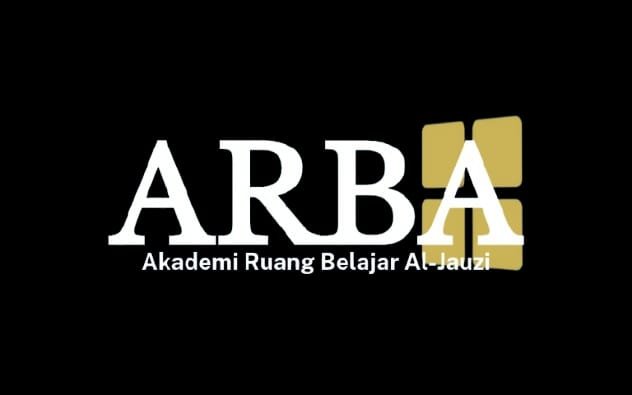Freedom, Slow Living, and Spiritual Capability

By Hery Wibowo Founder of ARBA, Lecturer at Universitas Padjadjaran, Architect of the Spiritual Capability Movement
Who Is Truly Free?
Is it those who are constantly chased by busyness—from dawn to dusk, and sometimes into the next dawn? Or is it those who consciously regulate the tempo of their lives—unhurried, meaningful, and deliberate—without needing to broadcast their productivity to the world through social media?
Slow Living, then, is not merely a lifestyle trend. It is a form of modern freedom: the freedom to choose when to work, when to rest, and what truly matters—without fear of judgment (Fear of Other People’s Opinion) or missing out (Fear of Missing Out).
Parkins & Craig (2006) describe Slow Living as a collective awakening—a moment when society begins to see itself through the “looking glass self,” recognizing its own disorientation and existential fatigue. In today’s world, speed is often mistaken for progress. Yet, this obsession with acceleration leaves many confused about their purpose and disconnected from meaning.
The rise of hustle culture—where busyness is equated with status and success—is a symptom of this deeper malaise. The more one appears busy, the higher their perceived social class. The more one posts about productivity, the more they are seen as fulfilled. But is this not a form of modern colonization? A subtle captivity of the soul?
Slow Living offers a way out. It is a conscious decision to reclaim one’s rhythm, to live by inner values rather than external pressures. It is a declaration that one does not need to live in a big city to find big meaning, nor chase wealth to secure legacy. It is, as Viktor Frankl once cried from the depths of a concentration camp: a search for meaning.
The Digital Onslaught and the Fragmented Soul
In the midst of digital disruption, social fragmentation, and mounting life pressures, we are witnessing a rare phenomenon: the erosion of the whole human being. Not just intelligent, but conscious. Not just productive, but purposeful. Not just alive, but life-giving.
Indonesia is not lacking in talent. What we lack is spiritual direction. Thus, soul-building becomes an urgent national agenda. We need a framework that can nurture this inner dimension—a competency for meaning, a skillset for conscious living, a guide for spiritual alignment.
Introducing Spiritual Capability
Spiritual Capability is a multidimensional set of competencies that enables individuals to harmonize the dimensions of the ruh (soul), ‘aql (intellect), qalb (heart), and nafs (self) within the framework of servitude to Allah and social benefit. It is not dogma—it is a way of life. It is not abstract theory—it is an operational framework for personal growth, parenting, work ethic, and social innovation.
• In parenting, it becomes the foundation for nurturing fitrah and guiding children toward divine alignment.
• In human resource development, it is the spiritual drive behind ethical performance and meaningful contribution.
• In personal growth, it is the compass for discovering true happiness and regulating the self.
• In social empowerment, it fosters empathy, altruism, and sustainable innovation through spiritually grounded entrepreneurship.
Spiritual Capability is not just about inner peace—it is about mental health, moral clarity, and social resilience. It is the soul’s GPS in a world that often loses its way.